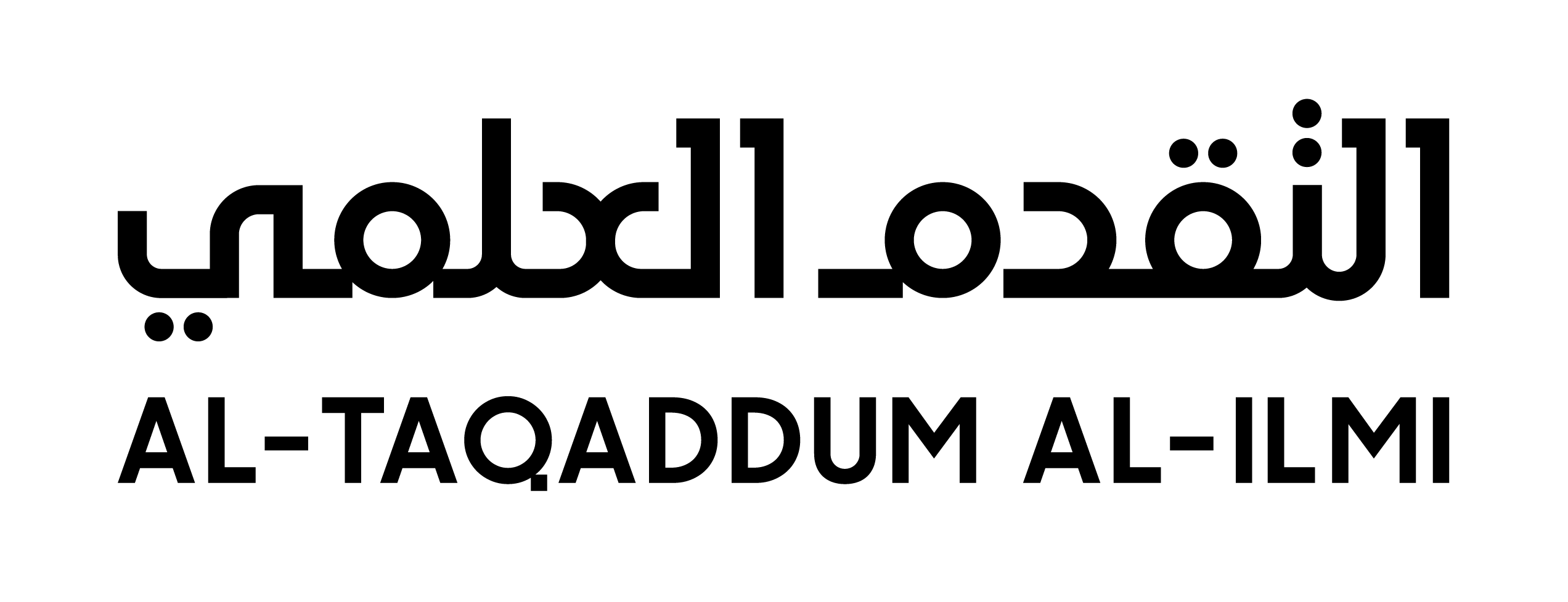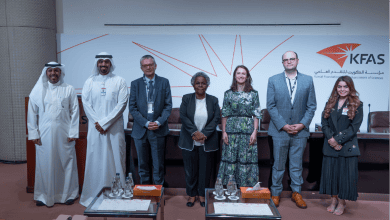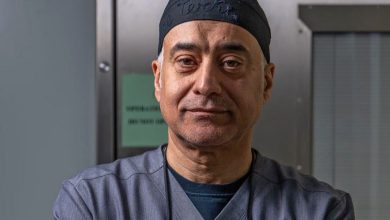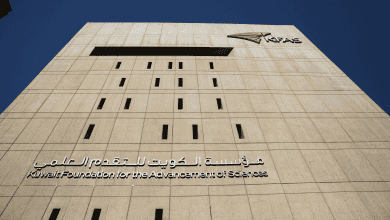COVID-19 Early Warning System in Kuwait
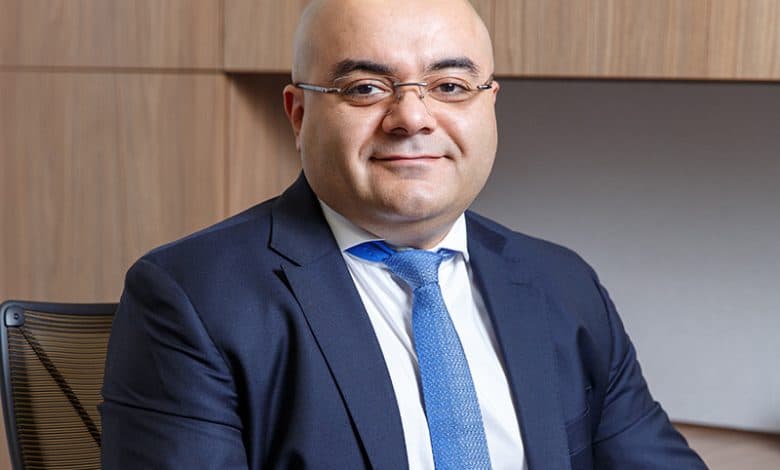
The COVID-19 pandemic has created constant confusion around the world. Upon receiving news of the first few infections in the world and the region, and while most people were asking many questions and preparing to implement lockdown measures, a team of Kuwaiti doctors rushed to work on a project that would provide answers to these questions.
There have been reports of the emergence of many new diseases in the past few years. Some of these diseases may pose a direct threat to the well-being of the people in the country, while others have no impact. In order for medical professionals to discern the level of risk posed by a disease, they must engage in an ongoing, multifaceted process of monitoring certain aspects of the disease.
For this reason, during the early stages of the pandemic in late February 2020, Dr. Salman Al-Sabah, an assistant professor at the College of Public Health at Kuwait University who is passionate about academic research, recognized the urgent need to attract an epidemiologist to lead the development and implementation of a "prototype of an early warning system for near-real-time disease surveillance for the COVID-19 pandemic in Kuwait".
A disease early warning surveillance system is generally defined as the process of monitoring the spread of diseases to collect and analyze sufficient data to allow an appropriate response to be formed.
It immediately became clear that Dr. Mohammed Al-Khamis is the ideal person for this project, thanks to his expertise in advanced epidemiological methods in disease surveillance, control and prevention. Al-Khamis, an assistant professor of epidemiology and biostatistics at Kuwait University's College of Public Health, dedicated his doctoral thesis to assessing the outcomes of bird flu surveillance in the European Union, and was one of the few people in Kuwait to publish research on Middle East respiratory syndrome (MERS).
As time was of the essence, the two doctors raced against time to form a team of experts and obtain approvals from Kuwait's Ministry of Health to collect data and conduct research, as well as apply for a grant from the Kuwait Foundation for the Advancement of Sciences (KFAS) to facilitate their research requirements.
To ensure the success of his project, Khamis enlisted the help of Mohamed Khaja, an expert in big data analysis. Khaja's role in this project is key due to his expertise in organizing and analyzing vast amounts of medical data. Both Thursday and Sabah say the project would not have progressed without the valuable assistance of Kuwaiti doctors and distinguished medical professionals who collaborated with all their enthusiasm and passion to collect and interpret the large amount of data collected.
After collecting the necessary data, the first phase of the project was initiated, during which the team used the available tools, including "analytical methods borrowed from interdisciplinary sciences such as ecology, mathematics, computer science and data science." Al-Khamis highlights the importance of this stage, by explaining that when a certain number of cases or parameters of the disease are reached, the system "triggers an alarm, and then this alert warns the decision-maker of the need to dig deeper into the data" and analyze it to make appropriate decisions.
The team was able to analyze the data to detect spatiotemporal clusters where there is an increase in the spread of the disease. Then, by informing the concerned authorities in the Ministry of Health in Kuwait, decision-makers were able to direct the implementation of preventive lockdowns in certain areas to reduce the spread of the disease.
The second phase of the project involves the establishment of virus genetic sequence monitoring to track mutations. Since mutations are a proven consequence of infectious diseases, Thursday was accurate in predicting the need to add genetic sequencing monitoring as one of the most important elements of the project; analysis of the virus's genetic material can help predict the spread of variants and determine their origin, which in turn provides information to help decision-makers determine which countries to organize travel to and from them.
Thanks to knowing Thursday aboutThe proper dissemination of information enables the team to effectively achieve the objective of this research project. It explains that presenting raw scientific research results in unedited and harmonized reports to decision-makers hinders the purpose of informing them and supporting their role in developing appropriate guidelines and regulations.
The team was able to issue one-page reports based on data analysis that included vital information, such as the locations of infection hotspots and their recommendations to decision-makers in the Ministry of Health to accelerate efforts to control the Coronavirus and prevent the spread of the disease.
But their work doesn't end there, the team has plans to continue its efforts. While the project aimed to develop a prototype, Al-Sabah says they hope to receive more support in the future "to build an infrastructure for an early warning system." He adds that such an endeavor will require the cooperation of various medical and scientific bodies in Kuwait.
Thursday and Sabah highlighted the role played by the Kuwait Foundation for the Advancement of Sciences (KFAS) in supporting their project. The Foundation's role began when it accelerated and simplified the process of applying for COVID-19 funding.
In addition to giving the team a grant to help them financially, the Kuwait Foundation for the Advancement of Sciences (KFAS) has linked the team with international expertise to provide "diverse perspectives from different researchers" in the field, al-Sabah said.
Thursday hopes there will be growing interest in the role technology plays in the future of medical and scientific research. Wet laboratories are often trusted and funded compared to dry laboratories. In the first, biological and chemical substances are decomposed and in the second, computational mathematical analysis is applied to the data collected.
By Lulua Al-Aftan
